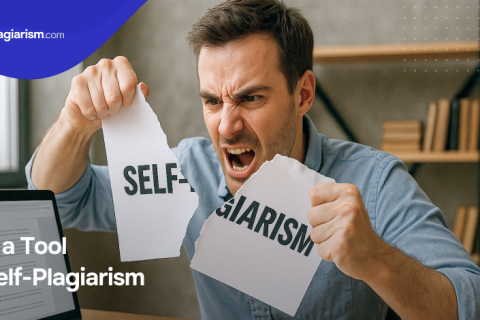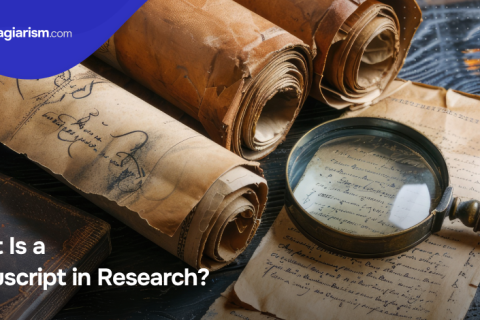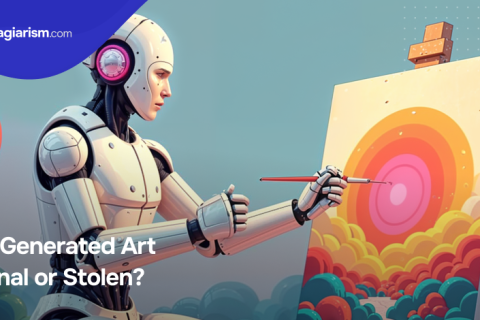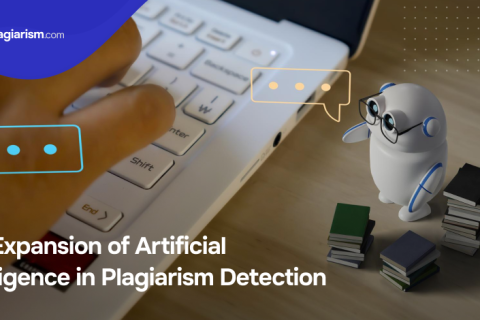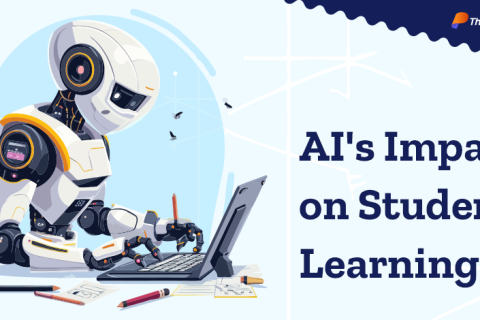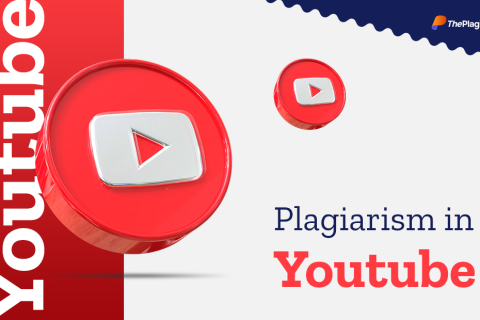Ignorance in plagiarism
03 Mar 2016
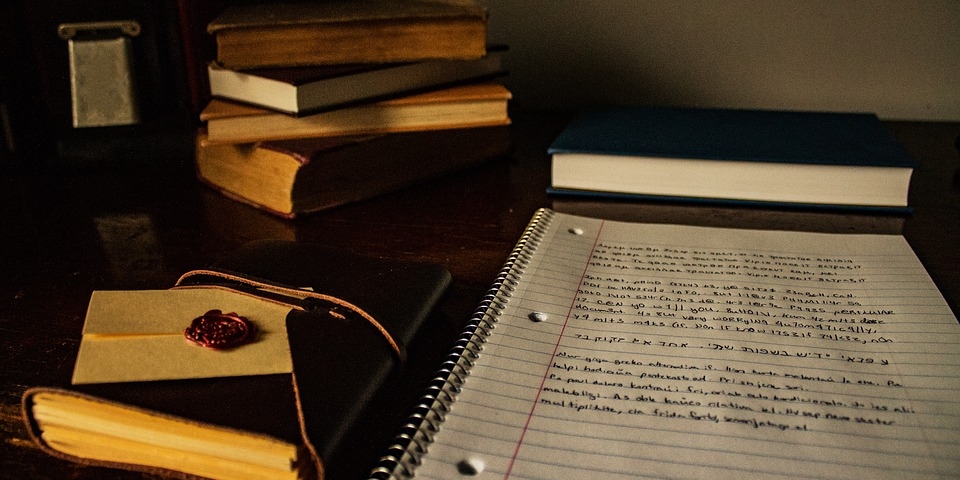
Plagiarising from another is a very wrong practice. It is dishonest and incorrect on so many levels. For one thing, it is copying another author’s ideas and thoughts. Because of this it is considered nothing short of stealing from another person and as we all know it is a sin to steal from others. On another level, it is bad for the person’s conscience, the one who is committing it. Such an act is not without guilt and remorse and the person who does plagiarism will feel guilt for his or her wrong actions at some point or another. It is just wrong as it has negative effects on both the people involved, one from whose work is being plagiarised and the other who is plagiarising. It is a trespass on another person’s personal and original ideas. While most people who plagiarise are aware of their wrong actions, there are still many who are not and are actually ignorant of them. While these people are wrong, they ought to still be excused once as they do not know that they are indulging in plagiarism. However this does not mean that they can be totally excused for this or can be excused any number of times. These people, first of all, need to be educated about this bad habit. They need to be told in detail as to what constitutes plagiarising and also why it is wrong. They further need to be told the consequences of this act should they continue along this wrong path. Educating them is the only way to deal with plagiarising.
There are many ways by which students unknowingly plagiarise. Some of these ways are given ahead and can also be seen on the theplagiarism.com. The first way in which students most commonly plagiarise without knowing it is when they give improper citations. Students today, whenever they refer to or use material from a particular source, normally forget to give the required citation. A citation is the name of the source of reference material that has been used in one’s paper. Many times students forget to add a citation because they are unaware of its importance while writing a paper. Giving a citation has a proper format of which, not many aware. This causes their work to be listed as plagiarised without them knowing of it. This is why proper format and importance of citation ought to be taught to students. The second type of unintentional plagiarism that students do is when they paraphrase. Paraphrasing is basically done when students collect a number of parts of the paper that they are writing and very conveniently join them together as one beautiful piece. They think that since they have picked up a little material from a number of sources and modified it, hence it isn’t considered as plagiarising. This is wrong as picking up even a bit of information from anywhere without acknowledging the author counts as plagiarism. The third type of ignorant plagiarising that many students do is when they reword another author’s work. Many a times, students copy the exact words and ideas of a previous author and all that they do is change the words to make them look like their own. This sort of an act is also considered as plagiarising today.
The only way to combat this practice is to tell the students doing it, of its consequences. This will enlighten them about the dishonest nature of this practice. Apart from this use of patents can help to a great deal in battling plagiarism.

